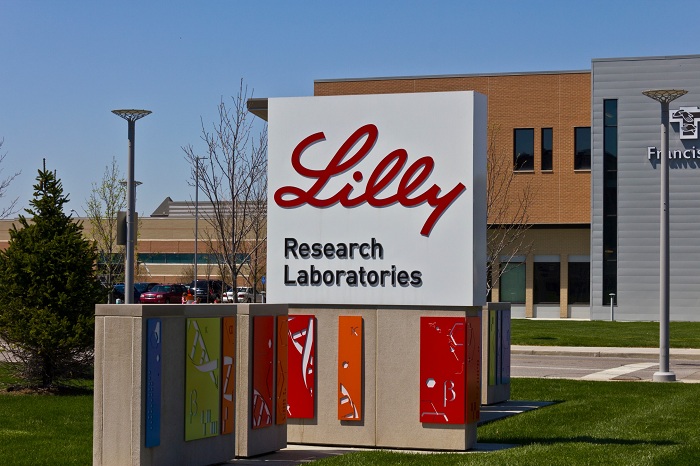Eli Lilly has partnered with a leading Chinese tech company, JD Health to fast-track its presence in China’s rapidly expanding obesity drug market, boosting the company’s global growth in the weight-loss sector.
Eli Lilly’s move into the obesity drug market is reshaping the global pharma landscape.
After the success of drugs like Zepbound (tirzepatide) and a growing appetite for new weight-loss treatments, the company is rapidly expanding overseas.
China, with its rising obesity rates and population of over 1.4 billion, is a huge opportunity.
The new partnership with a major local tech company shows Lilly is serious about tailoring distribution, using digital health platforms, and reaching as many patients as possible.
Strengthening market access via Chinese tech
The deal gives Eli Lilly a way to tap into the vast reach of a Chinese tech giant JD Health, making it easier for patients to access treatments for obesity, diabetes, and related conditions.
JD Health’s digital network is a major force in online healthcare and pharmaceutical distribution in China.
Lilly’s partnership means its drugs will show up on a single digital platform, making it easier for millions of people in China to get and use them. It could also help fix old problems with uneven healthcare and spotty insurance coverage.
On top of that, the platform will let Lilly see how patients are doing, keep them on track with their treatment, and get a better sense of the local market.
Experts say this is Lilly’s way of keeping up with the competition. Companies like Novo Nordisk and some Chinese biotech startups are rushing to bring new weight-loss drugs to patients.
Working with a big digital health platform gives Lilly a faster way to reach people and adapt as rules and demand change.
Industry impact
This is a massive shake-up in the battle for weight-loss drug dominance. China’s obesity medication market is expected to hit over $7 billion by 2030, while the broader diabetes and weight-loss drug market worldwide could reach $150 billion.
But here’s the thing- Chinese regulators aren’t making it easy. They’re tightening the screws with more oversight, requiring companies to prove their drugs work in real-world settings after approval, and constantly tweaking which medications get covered by insurance.
This means drug companies can’t just launch a product and hope for the best anymore. They need to stay connected with patients and keep collecting data to prove their treatments actually work.
Eli Lilly seems to get this. They’re not just trying to get their new drugs approved as they’re also betting big on technology to help patients manage their treatment and partnering with local companies to get ahead of competitors like Novo Nordisk and others.
They’re combining their pharmaceutical expertise with digital tools to navigate China’s complex healthcare system.
The post Eli Lilly joins forces with China tech giant to expand obesity drug market appeared first on Invezz

